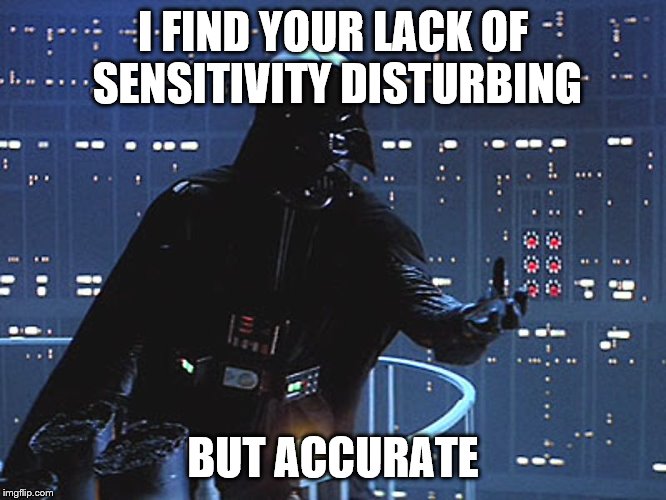

If there had been a big impulse to invest and do research, maybe we would have gotten to nuclear fusion. If there had been a big investment in science and technology, maybe we would have gotten off fossil fuels faster. A lot of research into solar power in particular came out of the space program. space program? What if we had done all these more ambitious projects that NASA had on the drawing boards back in the ’60s and ’70s? Then we started talking about the real-world impacts of a greater infusion of funding into basic science research. MOORE: It’s kind of the DNA of the show - what are the consequences of an expanded U.S. Why did you make this part of “For All Mankind”?

ME: Give me the background on this storyline where nuclear fusion technology has been developed successfully, and NASA has invested heavily in solar power and batteries - and as a result, electric cars are getting traction in the 1980s, and fossil fuels are starting to die out in the 1990s. $1.4 billion to keep the Diablo Canyon nuclear plant running. Gavin Newsom is willing to lend Pacific Gas & Electric Co.
#Side by side meme creator tv#
Not being able to help myself, I got in touch with Ron Moore, creator of “For All Mankind” and other TV shows including “ Battlestar Galactica” and “ Outlander.” I wanted to know why he made nuclear power a key plot point - especially after last week’s real-life news that California Gov. It’s an amazing show - one of my favorites recently - and its most recent season, which wrapped up last week, includes a fascinating narrative dealing with energy, climate change and the politics of fossil fuel job losses. Those are brief snippets of 1980s newscasts from Season 3 of “For All Mankind,” the Apple TV+ show that imagines an alternate history where the Soviet Union reaches the moon before the United States. “Scientist James Hansen testified that global warming has slowed due to the widespread shift from fossil fuels. “A contract to mine massive deposits of Helium-3 on the moon. 18, 2022, edition of Boiling Point, a weekly newsletter about climate change and the environment in California and the American West.


 0 kommentar(er)
0 kommentar(er)
